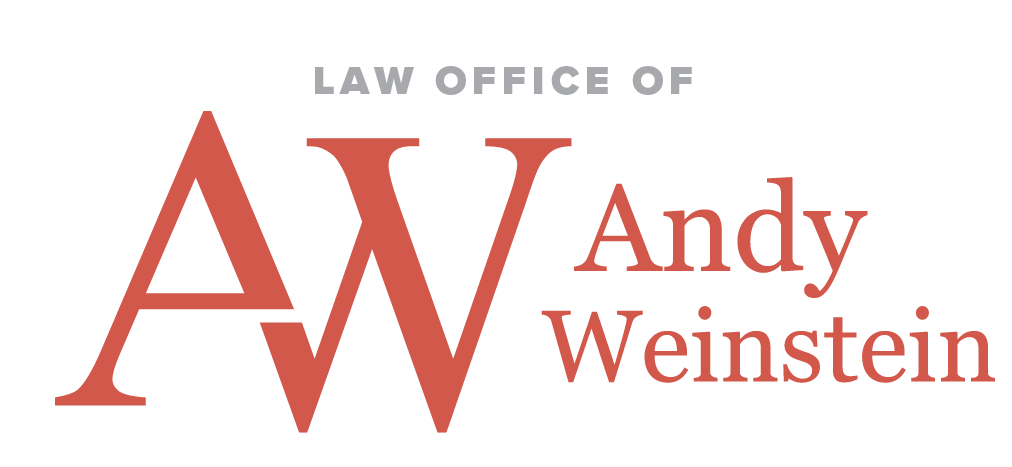There are a lot of moving parts to a New York criminal case, and you have to know how to successfully navigate all of them if you want to maximize your chances of beating the prosecution. While this certainly means knowing your defense options and how to deploy strong legal strategies, such as attacking the credibility of the prosecution’s witnesses, it also means knowing how to address the logistical challenges of your case. Amongst those logistical steps is jury selection.
Why jury selection matters
If you’re not going to end up resolving your case through a plea deal, then your case is heading to trial. You have the right to a trial by jury, which may give you the best chance of raising reasonable doubt and obtaining an acquittal.
However, the jurors who will hold your future in their hands come to the jury box with their owned lived experiences and biases. This means that they may view your case through tainted lenses that cause them to think that you’re guilty regardless of what the evidence shows. The jury selection process seeks to weed out these biases and ensure that you have a fair and impartial jury hearing your case.
How does the process work?
The process starts with potential jurors being called into court. Then, one-by-one, you and the prosecution get to ask those potential jurors questions to learn more about them, their experiences, and how they view certain issues that may be relevant to your case. Then, if you or the prosecution suspect that a juror is biased or otherwise incapable of being impartial, then a judge can be asked to dismiss the potential juror. You and the prosecution can make these “for cause” requests as often as is justifiable.
Each side will also have a limited number of peremptory challenges. Here, you can ask that a potential juror be removed from the jury pool without providing a reason. That means you can rely on your instincts here, but you have to be careful that you’re not removing jurors based on some discriminatory purpose, such as by asking that all potential jurors of a particular race be removed.
Once the process plays out, you should be left with the requisite number of people for a jury. If not, then the process will start all over again.
Competently navigate every aspect of your criminal defense
Jury selection can be critically important to your criminal case. An improperly selected jury can put you behind the 8-ball, which means that you might be deemed guilty before evidence is even presented. But a properly chosen jury can give you the fair trial that your rights demand.
But jury selection is just on piece of your criminal defense. If you truly want to give yourself the best chance possible to beat the prosecution, then you need to take a comprehensive and holistic approach to your case. This means knowing how case law and the rules of evidence apply to the facts at hand, how witness credibility can be addressed, and how to engage in proper negotiations with prosecutors.
It can be a daunting process, especially as you’re trying your best to live your life and prepare for what the future may have in store for you. But the good news is that this isn’t a process that you have to navigate on your own, and you probably shouldn’t. Instead, you should consider having an aggressive legal advocate on your side who can go toe-to-toe with prosecutors to give you the fight that you deserve.
If you’d like to learn more about what that kind of aggressive and thorough criminal defense looks like, then you may want to speak with a criminal defense attorney of your choosing.

